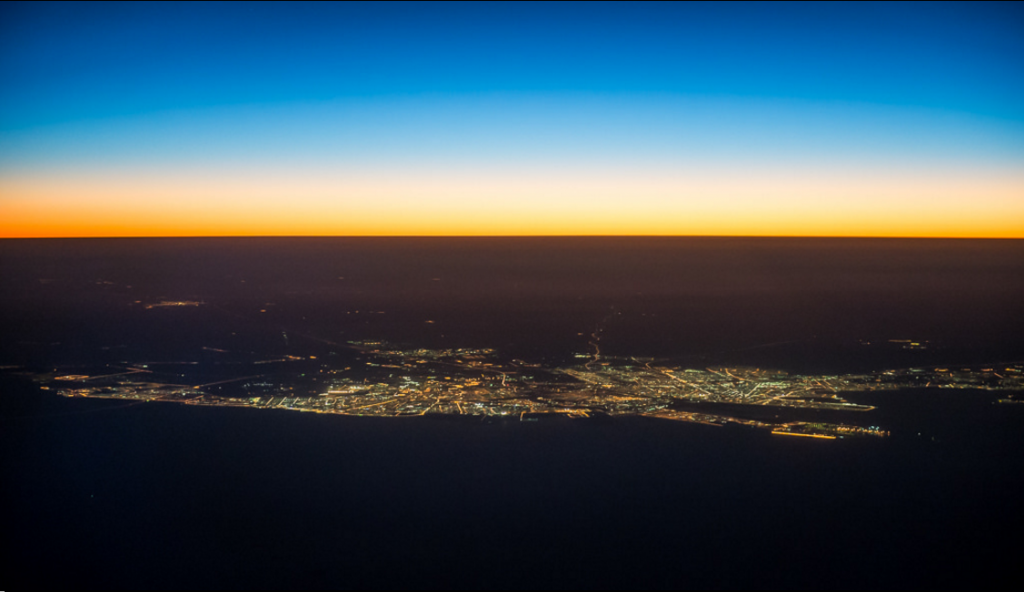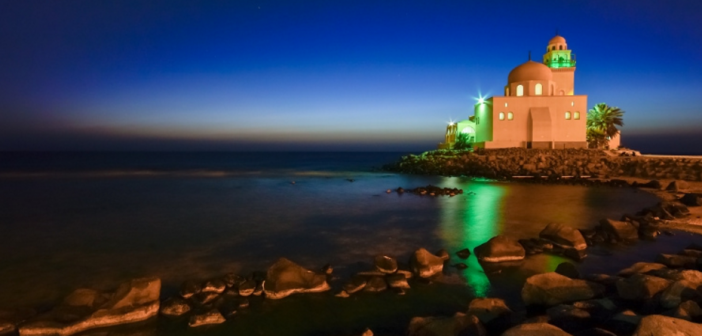Today, Prince Mohammad bin Salman announced Saudi Arabia’s plans to end the country’s dependence on oil. The Kingdom will sell a 5% stake in state-run oil company Aramco, boosting their sovereign wealth fund to $2trn, for investment in technology companies. BRIC Plus spoke to Iqbal Latif about the plans, and their likely impact on Saudi Arabia, the Middle East region, and the world.
What was your first reaction to the news?
I am in Kuwait right now, and I am talking with a lot of people about it. It’s a very important decision that should have been taken much earlier. Saudi Arabia’s change of guard, to King Salman and his children, is why this has happened now. I think it is an extremely positive decision.
Why has Saudi Arabia decided to do this?
Quite simply, the era of oil is finished, and the Kingdom is finally waking up to this. Demand for crude oil has not progressed as it was anticipated. It was projected in the 1980’s that by 2016, oil demand would reach 115 million barrels per day – this has not materialised, reaching just 89 million. Investment banks have long bet on the theory that there were not enough hydrocarbons present in earth to satisfy demand, and this would force oil prices to reach $200 a barrel. This was incorrect. No-one anticipated the shale boom, or that deep oil wells would become profitable. No-one thought about increases in the efficiency of oil use and how it lead to a decrease in usage. This has hit Saudi Arabia, and they realised that the oil age is past its peak. Prince Mohammad bin Salman has set a tone that he is thinking of the future.
What economic issues do they hope to solve?
Saudi Arabia has a $100bn budget deficit. I have my doubts that they will eliminate this by 2020, or even halve it within a year. However, if they cut subsidies, luxury, wasteful projects, and start living within their means this will help the economy. The people need to understand that there are no more freebies.
Is technology a major reason for this shift in focus?
Absolutely. Alternative energies, such as solar power, are increasing rapidly. Solar is the most effective, and solar panels are becoming cheaper. Technology is defeating hydrocarbons the same way the wheel defeated the Stone Age. It is a very good sign that they are thinking 20, 35 years into the future.

Dammam, Saudi Arabia. (Courtesy: Flickr)
How does defence fit into this?
It certainly has a part of play. Saudi Arabia feels encircled by Iran, and want to develop their own arms. A major problem for Saudi financially is defence spending from the US. King Abdulaziz (Ibn Saud) agreed with the United States that in exchange for pricing oil in dollars, the US would provide the Kingdom with defence. Now, Saudi Arabia is developing new arrangements with cheaper nations to develop regional partnerships to counter Syria, Iran, the Houthis in Bahrain, and Hezbollah in Lebanon. The country is paranoid. As oil prices are down and defence remains a concern, they must increase indigenous defence spending for self-reliance. Their ability to pay for others is diminishing. By partnering with Egypt, Turkey, Pakistan, and local partners, Saudi Arabia is developing a viable strategy for that.
How easy will it be for Saudi Arabia to diversify?
A 75-year addiction and dependency will take some time to overcome. It will be a Herculean effort. However, it is a necessary battle. In 20 years time, we will be in the cheap energy era, and the beneficiaries of cheap oil will be the developing countries. The disinvestment of Aramco is a very intelligent step. Over a period of time, oil will become a redundant commodity, as the technology overtakes it. It is better to sell Aramco now, then to do it in twenty years when oil is $5 a barrel. They have realised that they have lost control over their market structure.
How will Saudi Arabia’s people react?
It will not be easy to wean the top 20% away from luxury living to living within their means. However, these changes will benefit the vast majority of the population. This plan addresses living standards, which are low for many Saudis. It will be a difficult journey for those used to luxury, but it is one that must be done.
How important is Prince Mohammad bin Salman in driving this initiative?
The prince has taken the bull by the horns. There has been an ongoing power struggle between Prince Mohammed, a son of King Salman, and Prince Naif, the official Crown Prince. Prince Mohammad has been a leader in this strategy. The youth are behind him, he is talking in terms that no Saudi royal has ever spoken before.
Is this something other nations will adopt?
Saudi Arabia, for better or worse, is a leader in the Sunni world. The country has changed. They have banned some extremist literature. These economic measures are further proof that the Kingdom is embracing change. It is a leading country of the GCC, and a model to the Sunni world. Pragmatism is much required in the region, and others may well follow their example.






1 Comment
bookmarked!!, I really like your website!